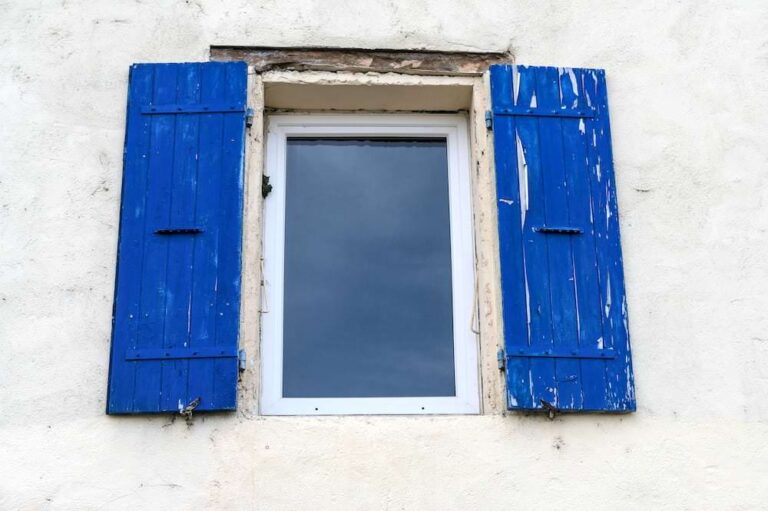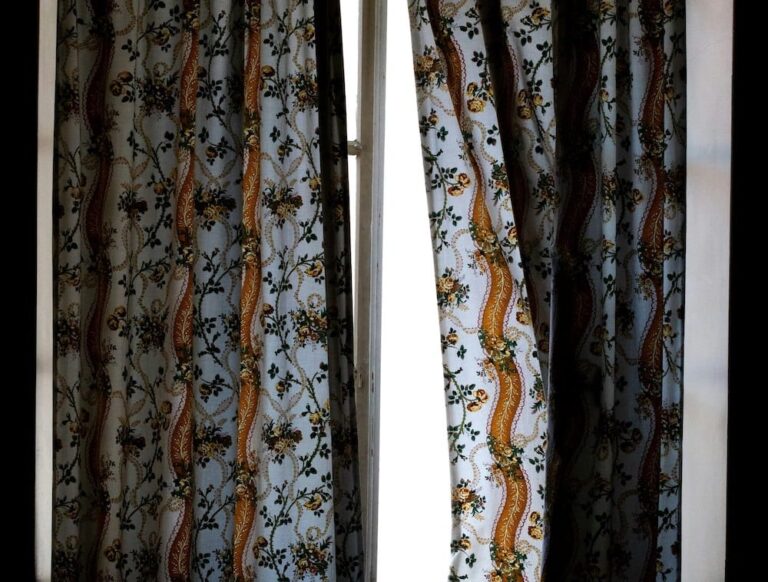avoir lieu
Understanding the French Expression “Avoir lieu”
“Avoir lieu” is a common French expression that literally translates to “to have place” but is used in everyday language to mean “to take place” or “to happen”.
Literal Meaning
If you break down the expression:
- Avoir means “to have.”
- Lieu means “place.”
However, it’s important to note that “avoir lieu” does not mean “to have a place” in the sense of owning or possessing a physical location. Instead, it’s used to indicate that an event or action occurs or happens in a specific time or location.
Usage and Examples
Let’s look at how “avoir lieu” is used in both literal and figurative contexts:
- Literal Use (to indicate something happening):
- “La réunion aura lieu demain.”
- Translation: “The meeting will take place tomorrow.”
- Here, it means the meeting will happen tomorrow.
- “Le concert a eu lieu hier soir.”
- Translation: “The concert took place last night.”
- This means that the concert happened last night.
- Figurative Use (to describe an occurrence of an event or situation):
- “Les négociations n’ont pas encore eu lieu.”
- Translation: “The negotiations have not yet taken place.”
- In this case, “avoir lieu” refers to the event of negotiations, which haven’t happened yet.
- “Il est possible que la cérémonie ait lieu à l’extérieur.”
- Translation: “It is possible that the ceremony will take place outdoors.”
- Here, “avoir lieu” is used in a more formal or planned context, referring to where the ceremony might happen.
Tenses and Variations
- Present: “a lieu” – “takes place”
- Example: “La fête a lieu aujourd’hui.” (“The party takes place today.”)
- Past: “a eu lieu” – “took place”
- Example: “La conférence a eu lieu la semaine dernière.” (“The conference took place last week.”)
- Future: “aura lieu” – “will take place”
- Example: “Le match aura lieu samedi prochain.”






